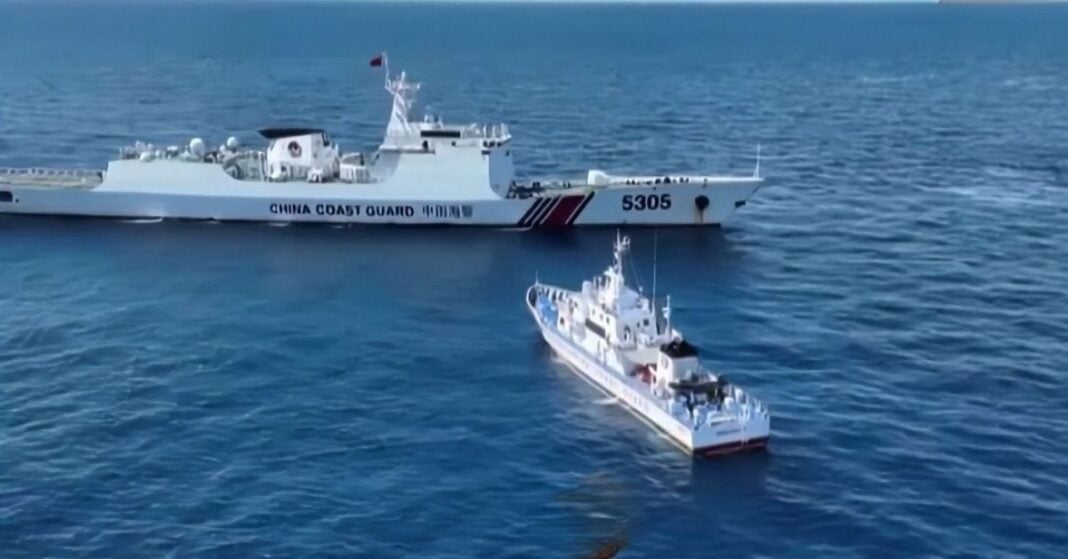As it was meant to be, China has no intention of allowing its neighbours to transit the maritime spaces it controls. Not so long ago there was a dispute between the Philippines and the PRC over navigation in Beijing-controlled waters. This time, it is the institutions in Brussels that are in the Dragon‘s crosshairs, guilty of reprimanding it over its claim to a monopoly on Asian nautical zones. The Chinese delegation seems not to have digested the criticism at all, returning it to sender with the warning to avoid any further meddling on the issue in the future.
From the Asian giant par excellence, we can only expect such a reaction: on the other hand, its claims to territorial ownership have become an object of discussion for almost all European and Western states in general. Indeed, Australia, Japan, Taiwan and, of course, the United States of America have also intervened in the latest diatribe with Manila.
Yet the EU’s request was in no way provocative, rather an attempt to mediate in order to avoid possible future conflicts on the Asian continent. The People’s Republic of China’s diplomatic close-mindedness is certainly not a strength, in fact in the long run, this abhorrence of external views will only weaken its connotations and the other countries’ view of it. Curious how Beijing and its industry pretend to intervene elsewhere, but are almost completely unwilling to welcome foreign entrepreneurship on their soil. The latest news exactly reflects the PRC’s one-way interest: the increasing use of Golden Power by western states could lead the Chinese state to threaten repercussions and hostility towards the Free World.
No fairness or search for agreement with the Philippines to avoid the great hostilities feared so far. However, this is not surprising on the merits of the issue, since almost all eastern states in China’s neighbourhood have bad relations with the latter. The glaring example of the disagreements is precisely the island of Taiwan, which has always been a dream of reconquest for the Chinese Communist government, which is mainly interested in its strategic location and in warding off Western influence from the surrounding area.
The possibility of a future heated conflict between the two contenders, or with other neighbouring eastern countries, is not to be underestimated in the slightest: history teaches us how an unexpected scenario can still happen despite the low probability. 10 years ago, few would have imagined the escalation of the conflict between Russia and Ukraine, thinking that this was just a squabble destined to end with the annexation of the Donbass to the Russian Federation.
After China’s venomous response to the European institutions, one should take note of the real intentions of the Eastern interlocutors with whom it is worthwhile to relate and have mutual and fruitful long-term cooperation. If the Chinese representation believes that the attempt to protect freedom of navigation is a real speculation that is detrimental to both the EU and the international community, then questions should also be asked about the dangerous method of communication of the Asian country under analysis. The globalist expedient used in this case by China, is nothing more than an attempt to make the other party appear to be destabilising the international political order, despite knowing that they are in the wrong after what was established in 2016 by the UN Convention on the ‘Law of the Sea’.



